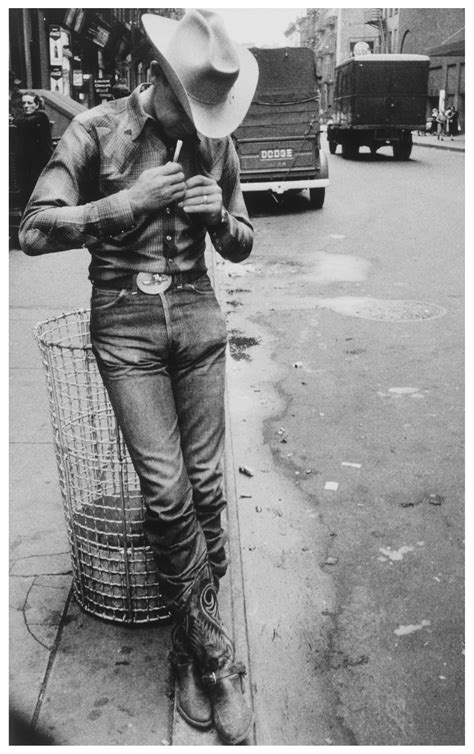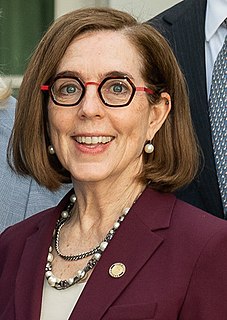A Quote by Tatiana Schlossberg
Air quality is already a problem outside of cars: More than 80 percent of people living in cities where pollution is tracked are exposed to air quality levels below World Health Organization limits.
Related Quotes
I know Teddy Kennedy had fun at the Democratic convention when he said that I said that trees and vegetation caused 80 percent of the air pollution in this country. ... Well, now he was a little wrong about what I said. I didn't say 80 percent. I said 92 percent-93 percent, pardon me. And I didn't say air pollution, I said oxides of nitrogen. Growing and decaying vegetation in this land are responsible for 93 percent of the oxides of nitrogen. ... If we are totally successful and can eliminate all the manmade oxides of nitrogen, we'll still have 93 percent as much as we have in the air today.
Fifty percent of the world's population lives in cities. In a couple of decades, 70 percent of the world's population will be living in cities. Cities are where the problem is. Cities are where the solution is, where creativity exists to address the challenges and where they have most impact. This is why, in 2005, the C40 was founded, an organization of cities that address climate change. It started with 18 cities; now it's 91. Cities simply are the key to saving the planet.
We are very encouraged that the results from our monitoring of air quality and drinking water conditions in both New York and near the Pentagon show that the public in these areas is not being exposed to excessive levels of asbestos or other harmful substances. I am glad to reassure the people of New York and Washington, D.C. that their air is safe to breathe and their water is safe to drink.
Today, about 40 percent of America's carbon pollution comes from our power plants. There are no federal limits to the amount those plants can pump into the air. None. We limit the amount of toxic chemicals like mercury, and sulfur, and arsenic in our air and water, but power plants can dump as much carbon pollution into our atmosphere as they want. It's not smart, it's not right, it's not safe, and I determined it needs to stop.
My guess is that while the elites would like cleaner air, they are not willing to give up the convenience of being able to use their cars at will to get it, perhaps because they believe (I suspect incorrectly) that they can protect themselves from the consequences of vehicular pollution by investing in air-conditioners and air purifiers.
The gross national product includes air pollution and advertising for cigarettes, and ambulances to clear our highways of carnage. It counts special locks for our doors, and jails for the people who break them ... It does not allow for the health of our families, the quality of thier education, or the joy of their play.
Other ways of looking at the environmental or climate change stuff is to frame it in the context that it is simultaneously a public health issue. One out of eight premature deaths worldwide happens because of air pollution. The worst power plant in America kills 278 people a year and causes 445 heart attacks. So, when we improve air quality we improve our lives, and at the same time we improve the climate as well. We must see climate policy from this perspective and not as an abstract threat that may threaten our survival in 100 years.































